The five worst ‘Chinese spy’ scandals to rock Britain as MP warns Prince Andrew case ‘tip of the iceberg’
An alleged Chinese spy linked to Prince Andrew has cast further doubt over the integrity of Britain’s security apparatus.
The scandal centres around a businessman known as Yang Tengbo, or “H6”, who was barred from entering the UK in 2023 due to national security concerns, which include his alleged involvement in “covert and deceptive activity” for the Chinese Communist Party.
Tengbo had cultivated a close relationship with the Duke of York, to the extent that he was invited to Buckingham Palace, St James’s Palace, and Windsor Castle.
Yang has denied the allegations against him, stating: “I have done nothing wrong or unlawful. The widespread description of me as a ‘spy’ is entirely untrue.”
The Duke of York has said he has “ceased all contact” with Tengbo since receiving advice from the Government.
A statement read: “The duke met the individual through official channels, with nothing of a sensitive nature ever discussed. He is unable to comment further on matters relating to national security.”
The scandal has nonetheless amplified existing concerns over Chinese political interference in areas of national security.
Indeed, Chinese espionage activities in the United Kingdom have been a subject of increasing concern in recent years.
On Monday, former Conservative leader Sir Iain Duncan Smith said that the latest spy scandal could be “the tip of the iceberg” and that many Chinese spies could be hiding in “plain view”.
As the row deepens, here’s a look at some of the most high-profile cases in recent years.
Christine Lee
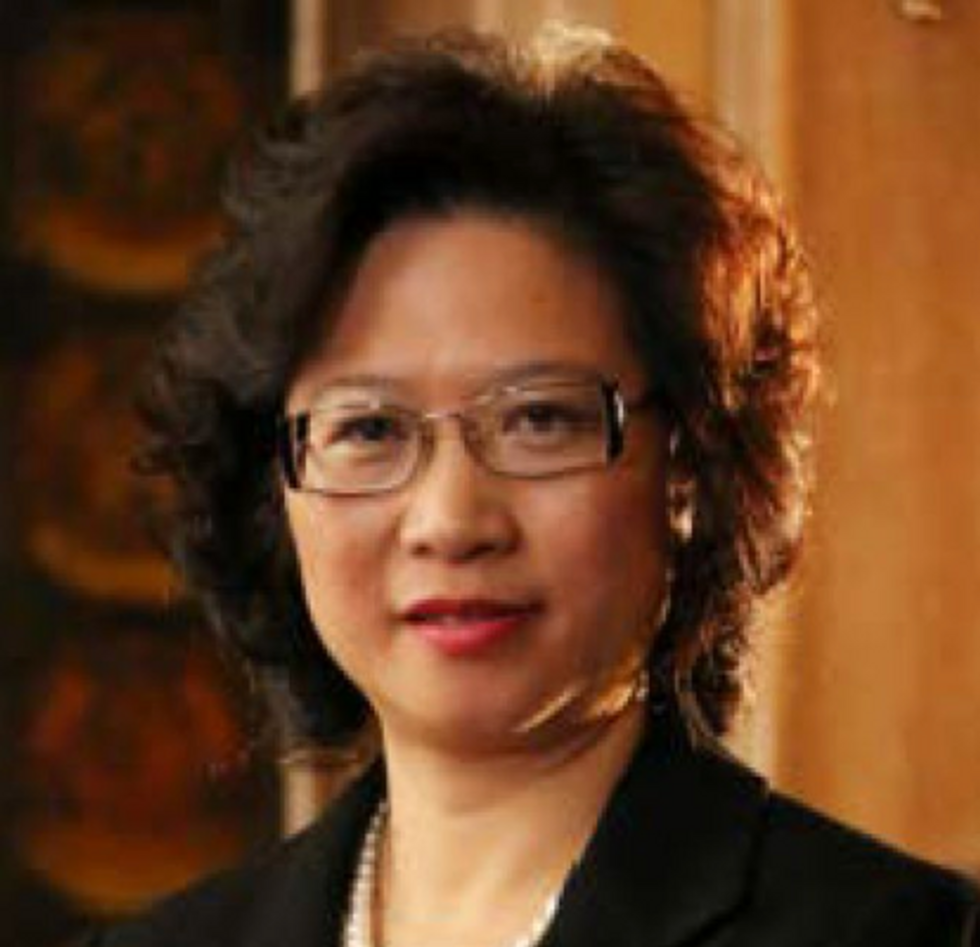
In January 2022, MI5 issued a security alert naming Christine Lee, a British-Chinese solicitor, as an agent working covertly on behalf of the Chinese Communist Party (CCP).
Lee was accused of facilitating financial donations to British political figures to exert influence and promote Chinese state interests. Lee denied the allegations at the time, stating: “I have done nothing wrong or unlawful.”
She then launched a legal challenge against MI5 the following year, claiming that the alert was unlawful. However, this week her legal challenge was thrown out.
The Investigatory Powers Tribunal (IPT) ruled that MI5 acted lawfully when it issued an “interference alert” about Lee in January 2022.
Following the ruling, Lee expressed disappointment and, through her spokesman, indicated that she and her son are considering their next legal steps.
Expulsion of Chinese journalists
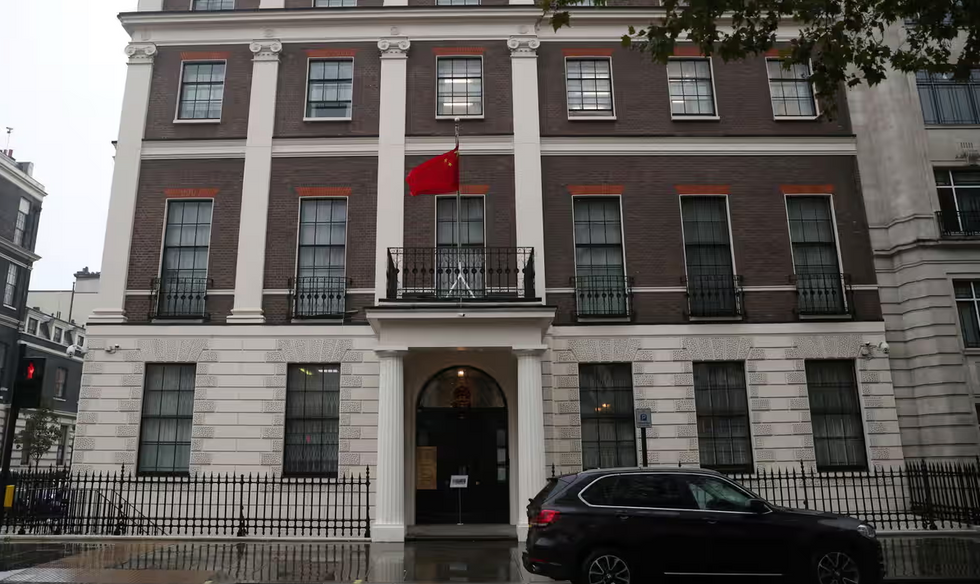
In 2020, three individuals who came to the UK on journalism visas were quietly expelled after being identified as intelligence officers for China’s Ministry of State Security.
They were accused of engaging in espionage activities under the guise of journalistic work.
The Chinese government strongly denied the allegations, labelling them as “baseless” and an example of “Cold War mentality”.
A spokesperson for the Chinese embassy in London described the actions as part of an attempt to malign legitimate Chinese professionals working abroad.
Parliament researcher arrested
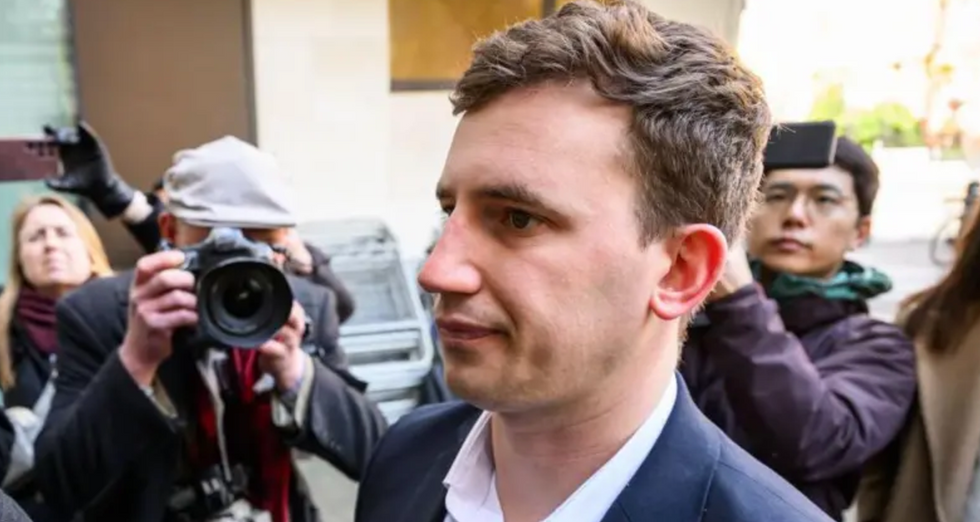
In April 2024, UK authorities charged two individuals, Christopher Cash, 29, and Christopher Berry, 32, under the Official Secrets Act for allegedly engaging in espionage activities on behalf of China.
Cash, a parliamentary researcher with access to the UK Parliament through his work with Conservative MPs, stands accused of providing information that could be “useful to an enemy”, specifically China.
Berry, an associate of Cash, is also charged with similar offences under the Official Secrets Act.
The prosecution says the alleged spying took place between between 28 December 2021 and 3 February 2023.
Following his arrest, Cash declared his innocence, stating: “I am completely innocent.”
Both individuals have been granted bail and are awaiting trial. Their legal teams have emphasised that the charges are allegations, and the defendants are presumed innocent until proven guilty.
Beijing has previously called the allegations “malicious slander”.
Fraser Cameron incident
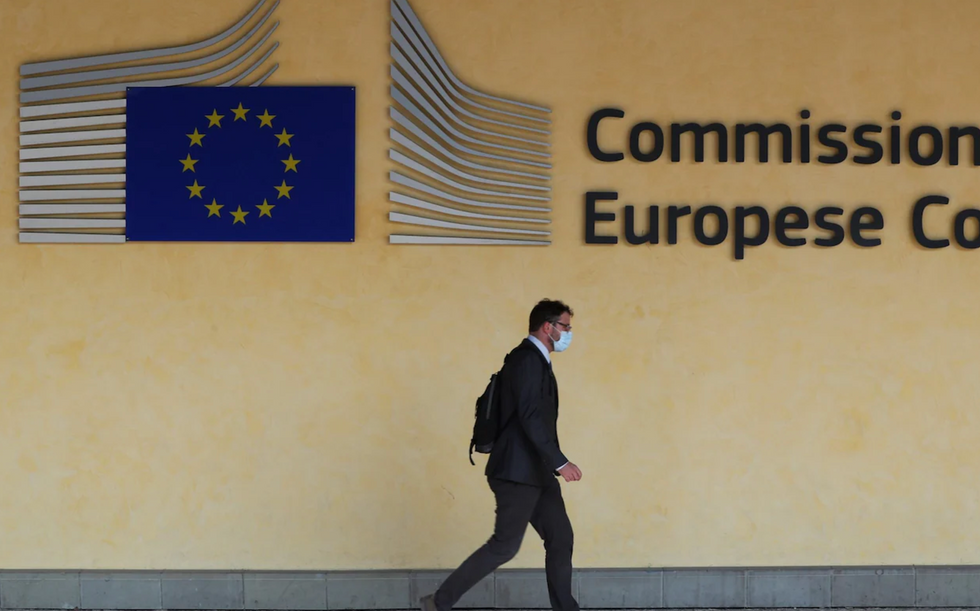
Although not directly operating within Britain, this case involved a former MI6 officer, Fraser Cameron, who was accused of selling sensitive information about the EU to two alleged Chinese spies in Brussels.
Belgian authorities suspected Cameron of passing sensitive EU information to the Chinese intelligence agents masquerading as journalists in Brussels.
Reports indicated that he allegedly received payments amounting to thousands of euros in exchange for this information.
The shared information was reportedly not classified but was considered sensitive, potentially aiding Chinese intelligence operations in Europe.
Cameron dismissed the accusations as “ridiculous”, asserting that he had no access to confidential information and that his interactions with Chinese journalists were part of his professional duties.
He emphasised his role in promoting EU-Asia understanding and denied any involvement in espionage activities.
The investigation by Belgian authorities remains ongoing, with no conclusive evidence publicly disclosed.
University espionage
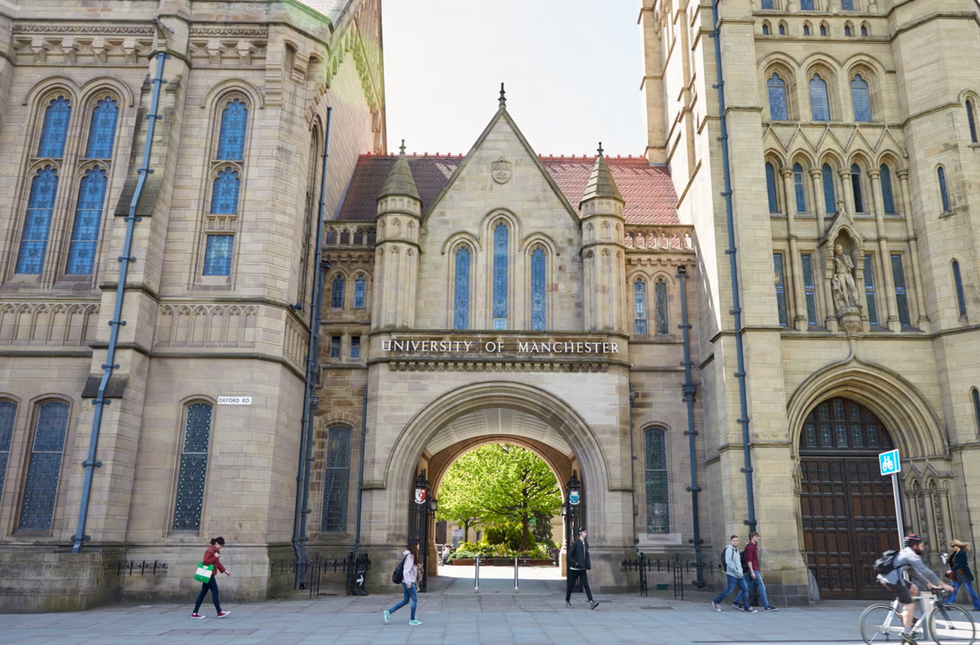
Numerous cases have emerged where Chinese students or academics in UK universities allegedly acted as intermediaries for intelligence gathering, particularly in STEM fields.
Manchester University had a collaboration with CETC, a company with ties to the Chinese military, focusing on the exploitation of graphene, a material with potential military applications. This partnership raised espionage concerns due to CETC’s involvement in surveillance technology used in Xinjiang.
The collaboration was cancelled after these concerns emerged, particularly after CETC was linked to technology aiding in the surveillance of Uighurs. The potential for technology transfer to military uses was a significant issue.
A BBC Channel 4 documentary, “Secrets and Power: China in the UK”, claimed that the University of Nottingham used a Beijing-approved curriculum in classes at its Ningbo campus in China and closed its School of Contemporary Chinese Studies under pressure from Beijing.
It also alleged that the Communist Party encouraged student spying on teachers.
The University of Nottingham denied that the closure of its Institute of Contemporary China was for political reasons.
The uni also refuted allegations about curriculum censorship at the Ningbo campus, stating that courses are taught in English and students receive the same degrees as in the UK.

